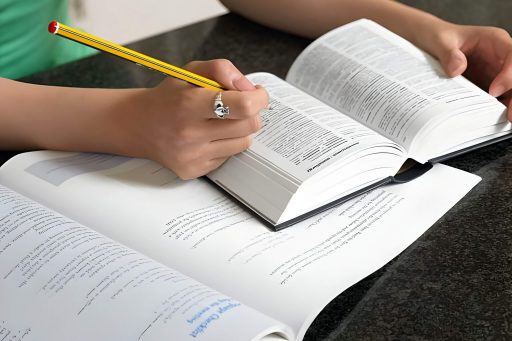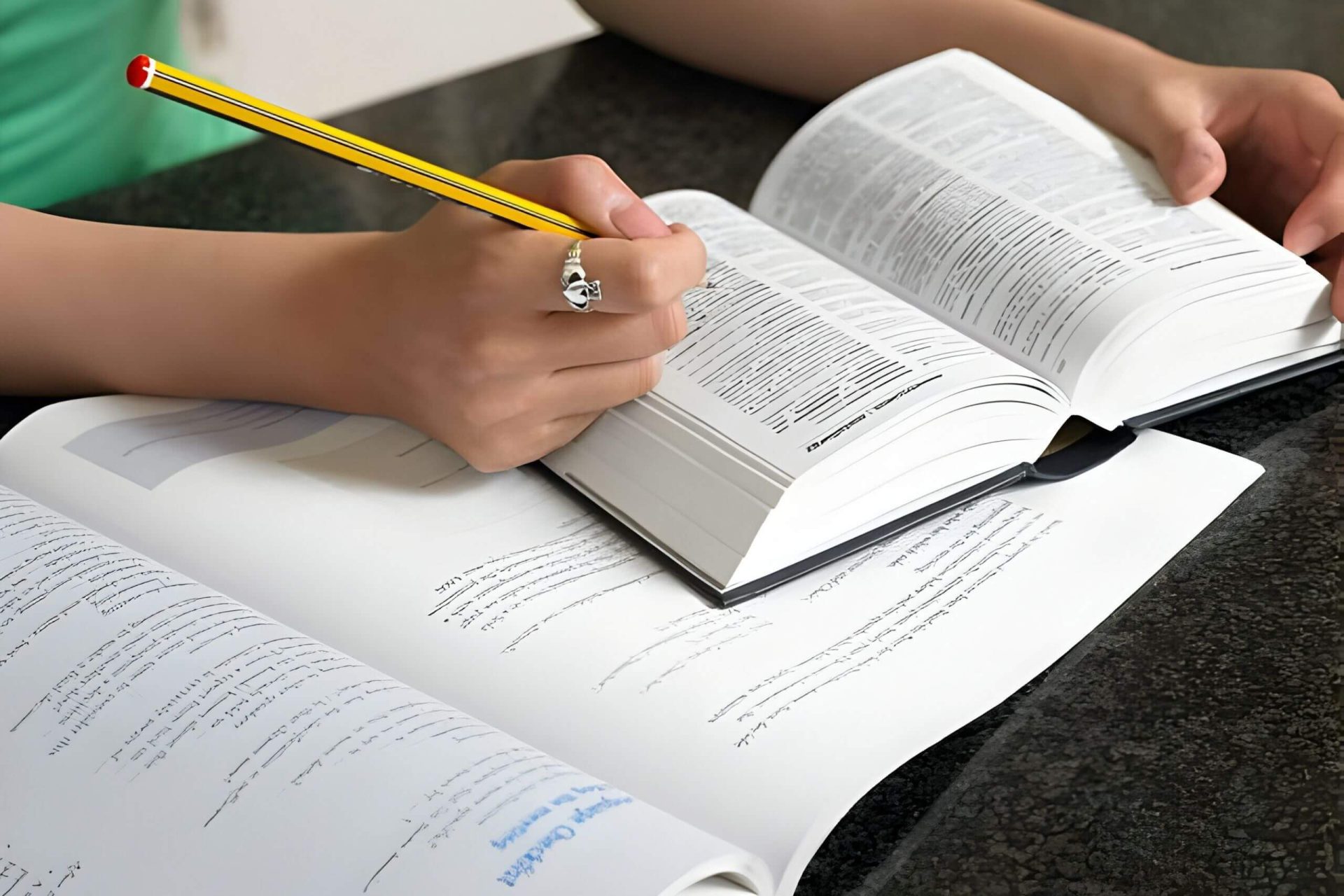After discussing time management, the topic of vocabulary usage arises. When reading, listening, or answering questions, having a broad vocabulary is crucial. A limited vocabulary can slow down language processing, increase confusion, and lead to a flood of questions. Foreign language dictionaries aim to teach or explain unfamiliar words by utilizing your existing knowledge. They are available in various brands and languages, so it can be difficult to determine which one to purchase. Ultimately, the decision is up to you. Your ability to enjoy using a dictionary and enhance your understanding determines this decision.
If you speak a language other than your native tongue, you can learn a second foreign language using that language. For instance, I know English and improved my German by using an English-German dictionary for a while. The main advantage of this approach is that when working with languages from the same family or with close cultural ties, the learning process becomes more enjoyable and easier due to the similarities between them. This allows for small reinforcements to be made in order to retain knowledge of previously learned foreign languages. As for the type of dictionary to use, it is recommended to use one that contains direct word translations rather than relying on pictures or games.
Why do we use dictionary?
Since the dictionary is always a useful resource, I recommend using it for support. For example, in my free time, I enjoy studying an important German textbook from the 1930s with the help of an old 2-volume dictionary. This allows me to better understand the style of expression, word usage, and teaching techniques of that period. I believe that picture dictionaries are a useful resource as they aid visual memory and comprehension.
There are vocabulary teaching applications that include games. For instance, you can immerse yourself in various settings such as a restaurant, a bus stop, a school, a hospital, etc. and learn daily life words one by one. Additionally, there are simple word games available on the internet, such as matching, eliminating irrelevant words, sorting, and more, for most languages. During my language studies, what have I always done? Initially, I relied on traditional dictionaries to expand my vocabulary. Later, I invested in electronic dictionaries and utilized dictionary applications on my computer. Additionally, I utilized online translation programs and played various word games to enhance my vocabulary. If all of these resources teach a word, it is beneficial to acknowledge them as valuable resources. In most foreign languages, there is always a dictionary that can help you, you just haven’t found the right one yet.
FAQs related to using a dictionary
Why should I use a dictionary?
Dictionaries provide definitions, spellings, pronunciations, and sometimes usage examples of words, which can enhance your understanding of language and aid in effective communication.
When should I use a dictionary?
You can use a dictionary whenever you encounter unfamiliar words during reading, writing, listening, or speaking activities. It’s particularly helpful when you’re trying to grasp the meaning of a word in context.
How can using a dictionary improve my language skills?
By looking up unfamiliar words in a dictionary, you can expand your vocabulary, improve your comprehension of texts, enhance your writing skills by using words accurately, and refine your pronunciation by learning correct word pronunciations.
Are there different types of dictionaries, and how do I choose the right one?
Yes, there are various types of dictionaries, including monolingual, bilingual, thematic, learner’s dictionaries, and more. The choice depends on your language proficiency level, learning goals, and preferences. For instance, learners might prefer bilingual dictionaries for quick translations, while advanced users may opt for monolingual dictionaries for more detailed definitions.
Can I rely solely on online dictionaries and translation tools?
While online dictionaries and translation tools are convenient, they may not always provide accurate or comprehensive information. It’s advisable to cross-reference with other sources and use them as supplements rather than relying solely on them.
How can I make the most out of using a dictionary?
Apart from looking up individual words, you can also explore related words, synonyms, antonyms, and example sentences provided in the dictionary. Additionally, pay attention to word origins and usage notes to deepen your understanding.
Should I use picture dictionaries or traditional text-based dictionaries?
The choice between picture dictionaries and text-based dictionaries depends on your learning style and preferences. Picture dictionaries can be helpful for visual learners or beginners, while text-based dictionaries offer more comprehensive information for advanced learners.
Can I use a dictionary to learn languages other than my native tongue?
Absolutely! Dictionaries are valuable tools for language learners, regardless of their native language. Bilingual dictionaries can aid in translation, while monolingual dictionaries can help you understand definitions and usage in the target language.
Are there any disadvantages to using a dictionary?
While dictionaries are generally beneficial, over-reliance on them might hinder your ability to develop independent problem-solving skills in language learning. It’s essential to strike a balance between using a dictionary for support and actively engaging with language materials.
How can I integrate dictionary use into my language learning routine?
Incorporate dictionary use into your daily language learning activities, such as reading, writing, listening, and speaking practice. Make it a habit to look up unfamiliar words and review them regularly to reinforce your learning.









